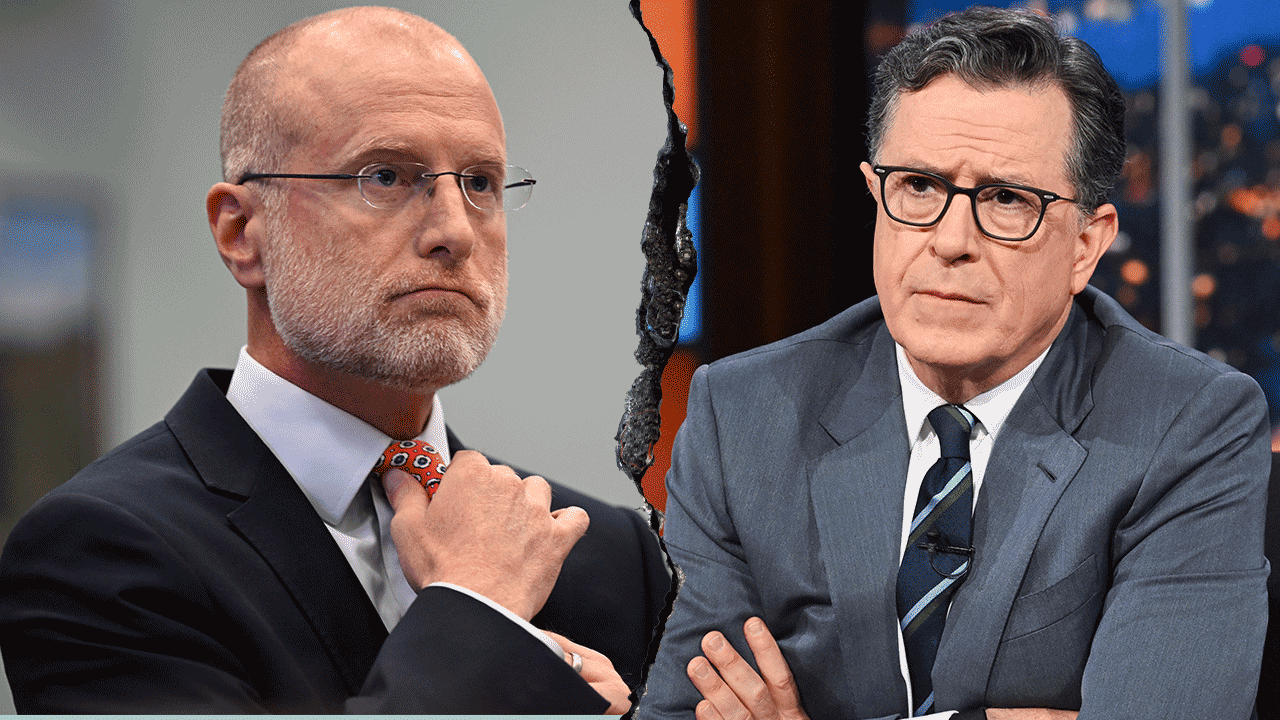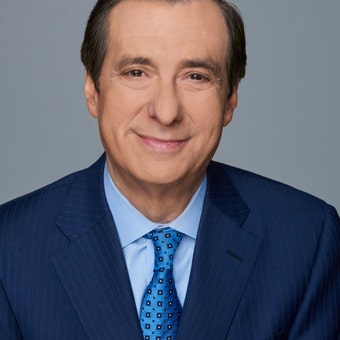Networks will continue to ‘gloss over’ report on Hunter Biden: Lawrence Jones
Fox News contributor Lawrence Jones argues the Democratic Party is ‘afraid’ coverage of Hunter Biden will hurt the Democratic presidential candidate Joe Biden.
It quickly became clear that in their attempts to strangle the Hunter Biden story, two social media giants left themselves gasping for air.
Twitter and Facebook took major steps to squelch the New York Post piece, but wound up giving it far more attention than if they had done nothing and let their millions of users share it freely.
For Twitter in particular, if you had to come up with a plan to reinforce conservative complaints about its liberal bias, you could hardly do better than for the tech giant to lock the Trump campaign’s account. Not to mention that of press secretary Kayleigh McEnany as well.
Hashtag: #Fail
In fact, Twitter chief Jack Dorsey admitted in a tweet that the company’s conduct--censoring stories and locking accounts with little public explanation--was “unacceptable.” You got that right, Jack. But then he didn’t do anything to fix it, apparently viewing the self-inflicted wound as just a PR problem. Senate Judiciary Committee Republicans plan to subpoena Dorsey next week.
TWITTER LOCKS OFFICIAL TRUMP CAMPAIGN ACCOUNT OVER SHARING HUNTER BIDEN VIDEO
Mark Zuckerberg’s Facebook was only slightly more restrained, limiting the Post story’s distribution through its secret algorithm while referring it to an outside fact-checker--the results of which are still not in. Uh, how many negative stories about Trump have both companies tried to silence, no matter what the sourcing?
No wonder President Trump was telling a North Carolina rally yesterday that “the Bidens got rich while America got robbed...Big Tech is censoring these stories to try to get Biden out of this impossible jam.”
It was a gift from the social media gods.
And you know who else is blacking out the story? CNN and MSNBC, except for a couple of parenthetical mentions and Joe Scarborough briefly scolding the two tech companies for blocking the story.
As for the Post story itself, well, it’s a strange one.
First let me say that the business that Hunter Biden did or attempted to do in Ukraine and elsewhere while his father was vice president was an embarrassment. He was profiteering on a family connection, which may be common in Washington but is no less seedy. He admitted to a mistake months ago in a “GMA” interview while insisting he had done nothing unethical.
But this was pretty fully aired during the Trump impeachment saga, and I think much of the public concluded that Joe Biden didn’t take explicit steps to help his son (yes, he got that prosecutor fired in what he says was an anti-corruption drive), but probably looked the other way.
Now, less than three weeks before the election, Rudy Giuliani obtains and gives the Rupert Murdoch tabloid email exchanges with Hunter in which an executive from the Ukrainian company Burisma (Hunter served on the board) thanked him for the opportunity to meet his father, then the VP.
The Biden campaign said no such meeting took place, then backtracked slightly to say it’s possible but unlikely there was a brief hello at some point.
How the president’s personal lawyer got those emails is a tangled tale involving John MacIsaac, who runs a computer repair shop in Wilmington. He told reporters he is legally blind, and thinks but is not certain, that Hunter Biden brought in three laptops with hard drive problems and never returned to pick them up. MacIsaac, a Republican, says he discovered some of these emails and eventually told the FBI, keeping a copy when the bureau subpoenaed it.
Giuliani told Sirius XM yesterday that Hunter was drunk when he brought in the laptops. The Post was tipped off by Steve Bannon, who is under indictment in an unrelated case.
SUBSCRIBE TO HOWIE'S MEDIA BUZZMETER PODCAST, A RIFF OF THE DAY'S HOTTEST STORIES
Separately, the New York Times, which had reported that Burisma was hacked by Russian intelligence, said yesterday that U.S. intelligence analysts picked up chatter that stolen Burisma emails would be leaked in the form of an “October surprise.” Just in case there wasn’t enough intrigue.
The Post separately reported Hunter’s correspondence with Chinese executives in which Hunter Biden stood to make millions from a deal--but these emails were from 2017, after his father left office.
In an interesting twist, two reporters who questioned the initial Post story on Twitter--the New York Times’ Maggie Haberman and Politico’s Jake Sherman--took heat from the left for daring to mention its existence.
Liberal Times columnist Michelle Goldberg, for instance, wrote: “You're really going to help Giuliani and Bannon launder this bull-- into the news cycle?” A senior producer for MSNBC’s Lawrence O’Donnell urged people not to share or link to the story.
The better journalistic response to a story that is viewed with suspicion is to do more reporting.
The attempts at erasing it from the digital square, as Twitter and Facebook are finding out, can backfire big time.










































